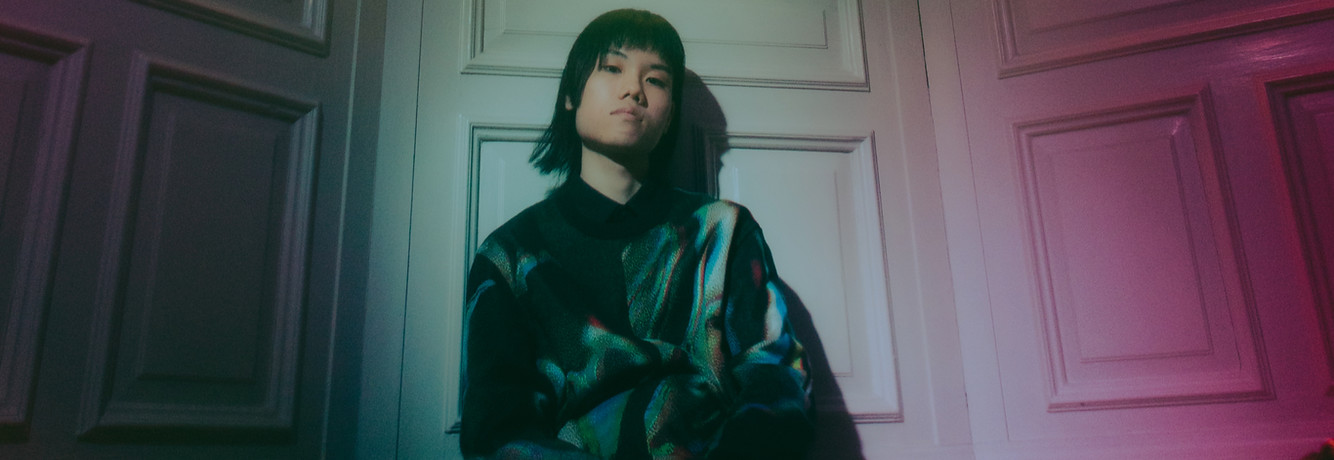Yuri Umemoto
crypt_

This new and overwhelming piece by Jennifer Walshe for Andreas Borregaard and the Oslo Sinfonietta explores the notion of “personhood”.
What does it mean to be a person at a time when our every moment is surveilled, mined and monetised by the devices we have extended our consciousness into?
What agency can we hope to have, when even one of the most famous pop stars in the world has no control over her own life?
What does it mean to be human when a billionaire class dreams of upgrading their existence and living forever, while the rest of us struggle with what to do with our hands when talking to a stranger at a party?
In this commissioned work by the Irish composer and vocalist Jennifer Walshe, the Oslo Sinfonietta surround the accordionist Andreas Borregaard and subject him to a range of tests and procedures.
Borregaard plays the accordion, performs obscure choreographies and watches films laden with subliminal messages; he is scored for how well he can fall over, he moves objects in endless patterns and drinks smoothies in strange colours. Are we in a laboratory? Mission control? A luxury spa? Or are we simply at home?
Premiere: Münchener Biennale, 2026.
Composition, text: Yuri Umemoto
Libretto: Gareth Mattey
Stage direction: Ivar Furre Aam
Musical direction: Christian Eggen
Scenography consultant: Jakob Oredsson
Costume design: Ingrid Torvund
Dramaturgy: Takuya Maehara
Anime Design: Kanji Okai
Soprano: Peyee Chen
Countertenor: Sean Bell
Tenor: Mathias Monrad Møller
Baritone: Halvor Festervoll Melien
Commissioned by: Münchener Biennale
Co-Production: Münchener Biennale and Ultima Oslo Contemporary Music Festival, Oslo Sinfonietta, Black Box teater Oslo and KLANG Festival Kopenhagen.
The Japanese composer Yuri Umemoto encounters three ghostly nobles. They put his supposed desires to the test and confront him with what really matters to him: his faith, his music, his culture, and his father.
Between European opera, Japanese ghost stories, anime, and artificial intelligence, crypt_ weaves the tale of “Hoichi the Earless” into a musical theater piece about creation, ambition, and identity. Inspired by the work of philosopher Yuk Hui, Umemoto explores the phenomenon of the multiverse—a coexistence of parallel worlds. These worlds are set in motion, collide, merge, and raise questions about origin, cultural heritage, and representation. The thematic complexity of the work is reflected in Umemoto's compositional style: genre and style boundaries are transcended, giving rise to a highly virtuosic spectrum of sounds and voices, brought to life through Okai Kanji's animated illustrations.
crypt_ is a fictionalized tale about a young composer—an alter ego of Umemoto himself—who is drawn into a crypt beneath an old European church. The voices of four European noble spirits rise from the crypt, and at night the protagonist follows these voices down into the underground. There he begins to sing and comes into contact with Europe's past. Time and space begin to dissolve, and a multiverse emerges. The spirits turn out to be virtual illusions created by artificial intelligence—reconstructions of existing data. Through the singing between the protagonist, the spirits, and their virtual mirror images, a reflection on death, vanity, and the banality of existence unfolds.
Photos: Sophia Hegewald
